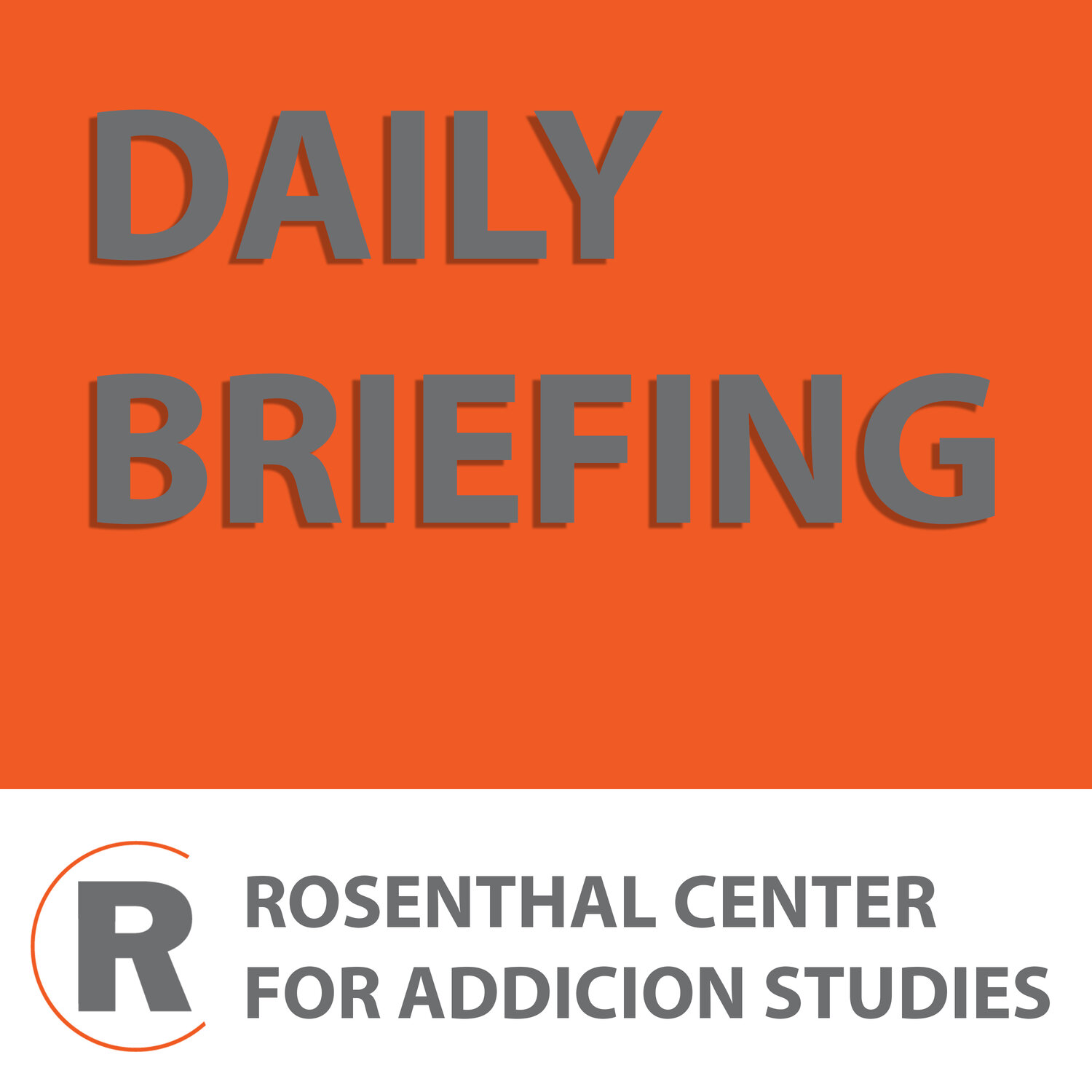The Daily Briefing 8.31.2021
Description
As overdose deaths due to fentanyl-laced street drugs are soaring across the country, the New York Times reports on a series of six deaths over three days along Long Island’s North Fork, a rural area about 100 miles from New York City. Police said the deaths were caused by cocaine mixed with highly lethal fentanyl, a drug more commonly mixed with heroin. The tragedy is part of a national trend, due in part to pandemic-linked drug shortages that have forced addicts to turn to substitutes like fentanyl. The dead were not hardened drug users, the article points out, but mostly recreational users seeking “a fleeting high,” that unfortunately included fentanyl, a drug so powerful that a mere speck of it can kill.
Meanwhile, the long-running legal battle to open a safe drug injection site in Philadelphia may be decided by the Supreme Court. Hoping to clarify a series of contradictory lower court rulings, the group lobbying for the site—where users can shoot up in a safe, supervised setting—filed a petition with the Court to hear the case. Safe sites have operated for years in Europe and other countries, but are technically illegal in the U.S., and efforts to open the first American facility have failed in many cities, even as drug overdose deaths have surged due to the opioid epidemic. The latest legal move would force the Biden administration to take a stand on the issue, at a time when its drug policy appears to be shifting toward harm reduction programs including safe injection sites. Harm reduction is a critical component to save lives, but must be accompanied by drug treatment.
And finally, Colorado has unveiled a framework for distributing more than $400 million in opioid litigation settlement funds, which will go toward drug treatment and abatement programs. This could serve as a model for other states that are also in line to receive huge payouts from the opioid cases, including a share of the $26 billion settlement with drug distributors and a smaller amount from Purdue Pharma, if those agreements are eventually approved. In Colorado, most of the money will be distributed to regional health centers that are in desperate need of funding to confront the drug crisis. The plan stands in stark contrast to the way money was distributed in 1998 from tobacco companies, when funds flowed to state budgets for general purposes and not to smoking cessation initiatives.
More Episodes
More and more people are turning to medical cannabis products to alleviate mental health problems such as anxiety, depression, and insomnia—although there is little science indicating that the drug is safe and effective to treat these problems. Advocates of medical marijuana legalization have...
Published 10/28/21
Published 10/28/21
The New York Times finally weighs in on the risks to kids from marijuana edibles, noting that many teens underestimate the dangers associated with the drug. With pot legalization making pot more widely available, young people have come to believe marijuana is less dangerous creating a perfect...
Published 10/22/21


